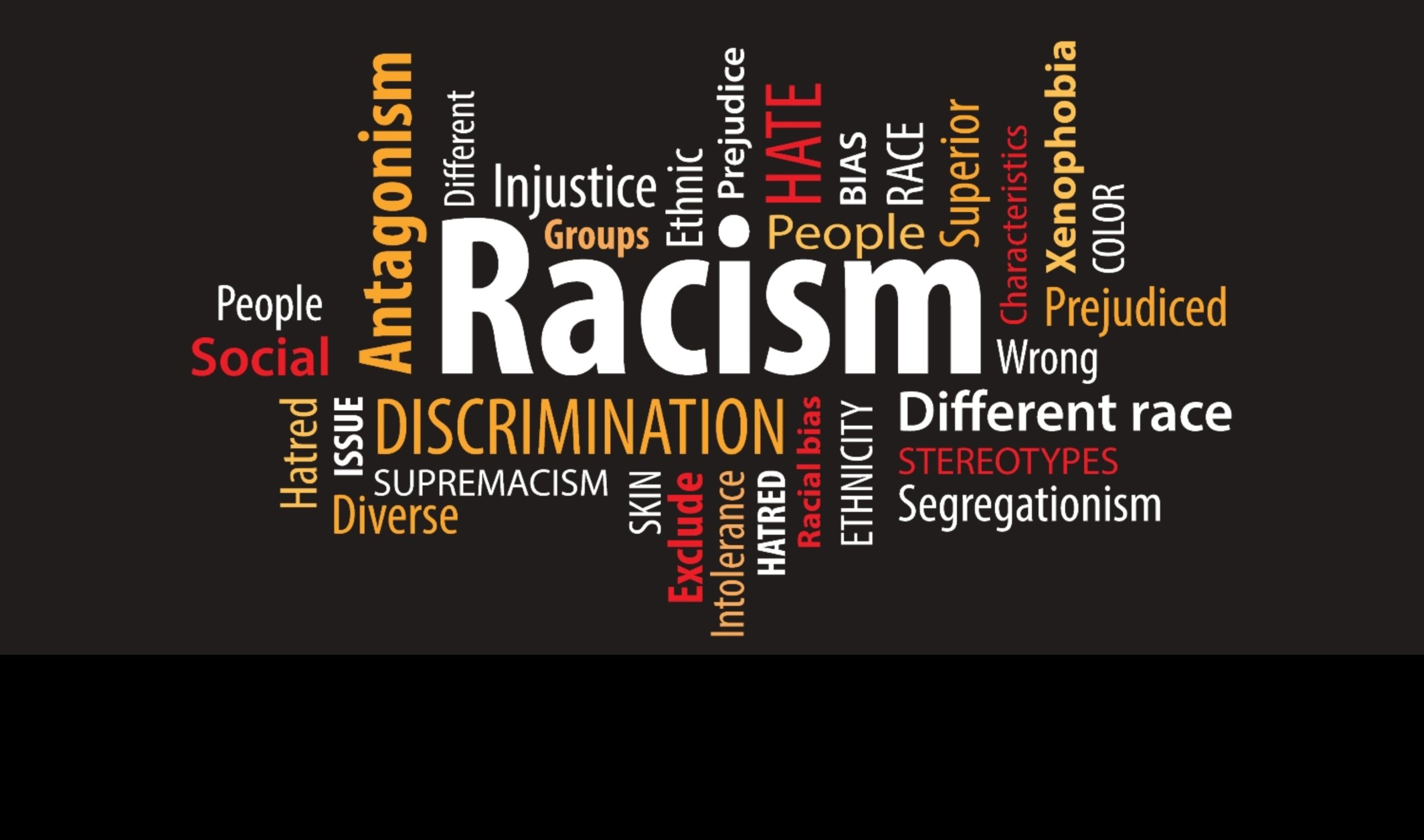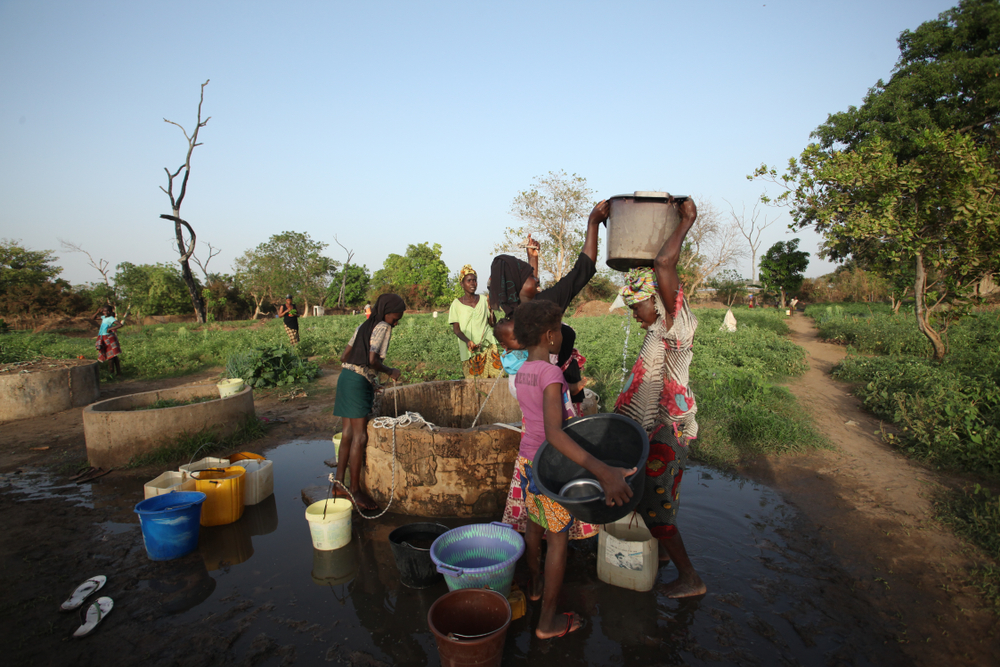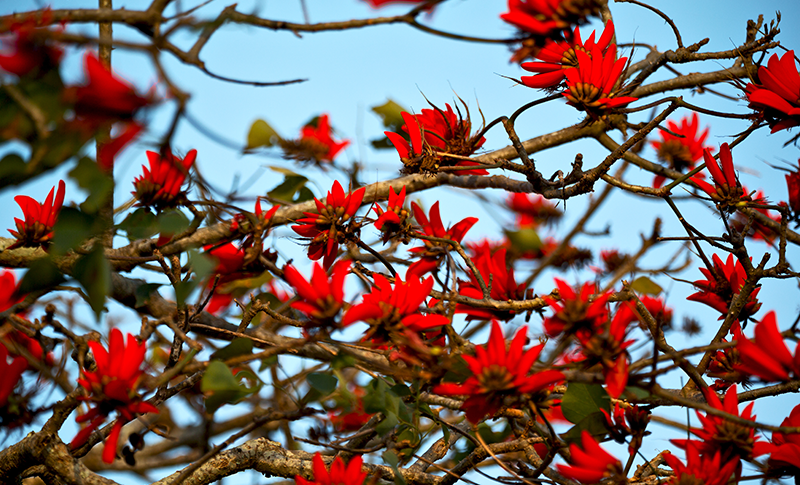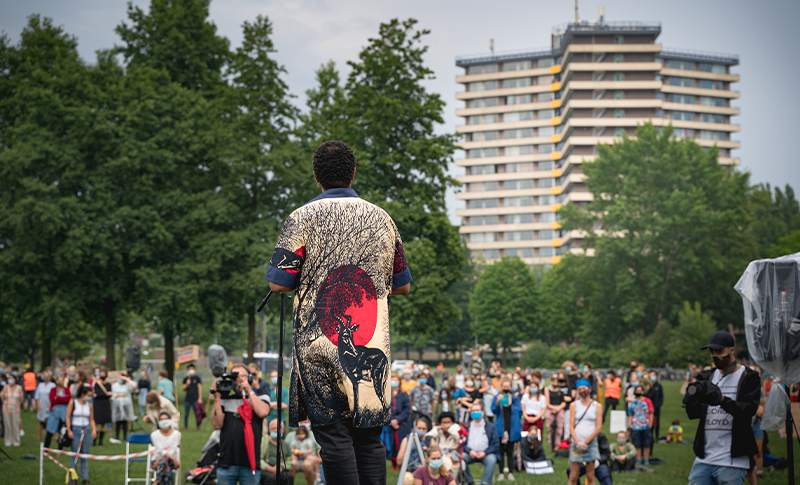In juni begint WUR een dialoog over inclusiviteit en discriminatie. ‘WUR zegt internationaal en inclusief te zijn, maar het is niet genoeg. Er zijn verschillen; mensen worden anders behandeld en dat hoort niet’, zegt Cicilia Jr.
Directe aanleiding voor de dialoog is de eind vorig jaar verwijderde foto-expositie in de billboards bij Impulse. De beelden over de informele afvalrecycling in Ghana, gemaakt door de Nederlandse alumnus Jurrian Veldhuizen, leidden tot fel protest bij de Afrikaanse gemeenschap. De foto’s zouden een negatief, stereotiep, onvolledig en schadelijk beeld schetsen van Afrika. Cicilia Jr. deelt die mening.
Volgens hem heeft de discussie alles van doen met de brede betekenis van het begrip kolonialisme. ‘Kolonialisme gaat niet alleen om het koloniale verleden. Het gaat om het loslaten van de heersende gedachtegang – heteronormatief en westers – als normatief, standaard en goed.’
Ongemakkelijk gesprek
De discussie over de foto’s sluit nauw aan bij de missie van DARE: het gesprek over antiracisme en discriminatie mainstream maken. Hoe de bijeenkomst in juni wordt ingevuld, staat nog niet vast. Cecilia Jr.: ‘Ik denk dat het moet gaan over hoe we emotionele en ongemakkelijke gesprekken kunnen voeren, zonder dat we onze eigen niet-wetende beelden als basis gebruiken.’
Die onwetendheid betreft bijvoorbeeld het door de fotograaf in de bijschriften overdrachtelijk gebruikte woord ‘scavenger’ (afvaleter). Cicilia Jr. ‘Dat is gewoon discriminerend. Net zo fout als het gebruik van het woord neger. Het is geen rocket science om te bedenken dat dat niet kan. Een beetje googelen was voldoende geweest.’
De bijeenkomst in juni wordt deze maand voorafgegaan door een dialoog in Plus Ultra voor genodigden, georganiseerd door het Centrum voor Waardecreatie dat de foto-expo organiseerde. Thema is hoe in de toekomst om te gaan met publieke kunstexposities en de verschillende reacties die daarop kunnen volgen.
Zie ook het interview over het verwijderen van de expositie met Sebastiaan Berendse van het Centrum voor Waardecreatie.

 Foto Shutterstock
Foto Shutterstock 


Nederland als racistisch, kolonialistisch land schetst ook een negatief, stereotiep, onvolledig en schadelijk beeld van Nederlanders. En zo kunnen we aan de gang blijven.
I have been watching this conversation from the sidelines for a couple of months now, but I think it is time I voice my opinion. This is because the sentiment put forward by Percy in this article towards the creator of the photo series is damaging, stigmatizing, and wrong. I will preface this by saying that I personally know the creator of this photo series and obviously that makes me biased. Regardless, I doubt you will find many people within the community of WUR who have dedicated more time and personal resources towards improving and supporting developing communities than Jurrian. Not once, but on multiple occasions.
Having said that, I do not understand why the university has decided to permanently ban the series. I cannot adequately judge why this series is hurtful or discriminatory as I’m not a person of color. Regardless, that in itself should never be a reason to remove such a project. In fact, displaying the series would have been helpful in educating students why this series is so hurtful, because to be completely honest: I do not really understand. The entire idea of having the outdoor exposition area was to create discussion. Now we have a discussion but not the one the university wants, and they take the easy way out by not showing the series at all. The university should have said: we understand it may be hurtful, we understand it may be emotional, we understand it may lead to discussion, because that was the intention of this area. Their current attitude is one of weakness and fear of their own image, and it does not help me to better understand this sensitive societal issue.
Lastly, I think the DARE-project should be wary of getting too involved with call-out culture. Yes, it is great that such a project came forward as a result of the Black Lives Matter protests, and we should be aware of racism even when we may not directly see it. But people who do good things have flaws, and we should be cautious of direct judgement. I hope that the DARE-project does not become a beacon of self-righteousness, but rather facilitates these discussions about race even when they are uncomfortable. I also hope the discussion surrounding this photo series will be open, and not on invitational basis.
For anyone that still wants to see the series, you can find it here: https://www.jurrianveldhuizen.com/waste-heroes.
Agreed. One could go one step further by stating that universities are THE place where your thoughts, ideas, emotions and worldviews get formed, molded and stimulated. Banning opinions and forms of expression is anti-intellectual and anti-scientific. If you’re coming to university in order to find ‘safe spaces’ then you do not belong at a university.